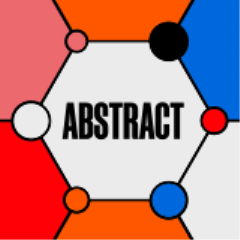Image:
EDUARD MUZHEVSKYI / SCIENCE PHOTO LIBRARY via Getty Images
EDUARD MUZHEVSKYI / SCIENCE PHOTO LIBRARY via Getty Images
ABSTRACT breaks down mind-bending scientific research, future tech, new discoveries, and major breakthroughs.
Advertisement
Advertisement
Advertisement
Image: M. M. Vopson and S. Lepadatu via AIP Publishing
Advertisement

